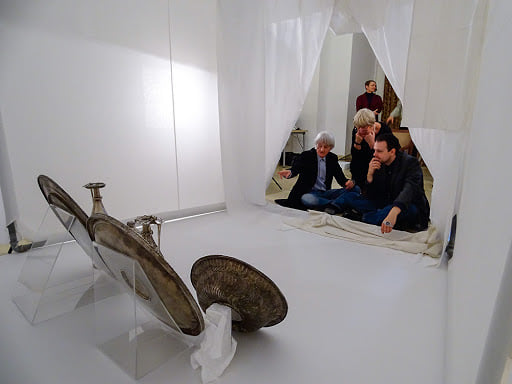Internationally acknowledged Hungarian Historian, László Török died

The 79-year-old Hungarian Historian was one of the most well-known and most acknowledged researchers of the Hellenistic period of ancient Egypt and the ancient Nubia.
According to nepszava.hu, László Török was the member of the Hungarian Academy of Sciences. He passed away on September 17 in his 80th year.
He joined the Archaeological Group of the Hungarian Academy of Sciences leading its development into an institution and, later, a research centre where he worked until his final days. The topic of his PhD work was the decoration system of the carvings of the Árpád-age (11th, 12th and 13th century) but that changed in time, and he became an internationally acknowledged researcher and expert of the Hellenistic Egypt to which he regularly returned during his career.
- The History of Gambling in Hungary
- The biggest Hungarian battles of history
- The troubled history of the Holy Right, the mummified hand of Hungary’s first king
He took part in the examination of the archaeological material discovered during the building of the Aswan Dam. That is when he started to become one of the pioneers of Nubiology, a brand new branch of ancient history. He took part in the publication of a monumental sourcebook about the ancient Nubia,
he processed the materials found during the excavations in Meroe, the former capital of the Meroitic Kingdom
but he is best known for his books about the late History of Nubia in the Late Antiquity.
He never lost his interest in Egypt. Therefore, he regularly published papers and books about the art relics of Egypt in the Late Antiquity. As a result, he could organise a large-scale exhibition in 2005 in the Hungarian Museum of Fine Arts in Budapest titled “After the pharaohs: Copt treasures from Egypt.” He regularly published about the late Hellenistic art relics of the Nile-valley.
He also led the research project aiming to claim back the Seuso Treasure.
He worked for the Hungarian Academy of Sciences but had an excellent work relationship with the Hungarian Museum of Fine Arts in Budapest and the Department of Egyptology at Eötvös Loránd University. He accepted their invitation and held lectures in Budapest and at the University of Bergen. He received many awards in Hungary and abroad including the Széchenyi Prize.


A great loss. Will be missed. R.i.p.